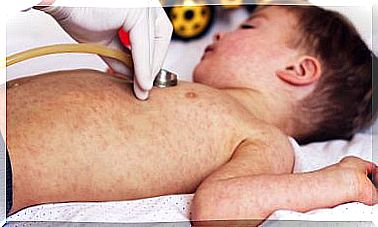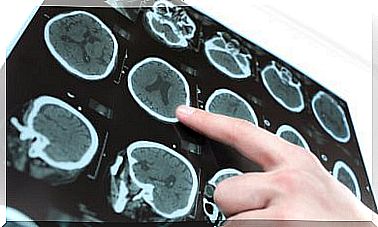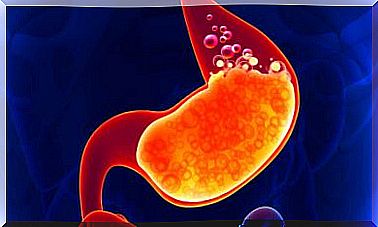The Most Common Digestive System Diseases
There are diseases of the digestive system that appear and disappear on their own, almost as if they were temporary symptoms. We can talk about some food poisoning, which tend to manifest for 24 hours and then disappear.
However, there are others that are chronic, such as colon cancer, whose symptoms do not become evident until it causes serious health complications. Although progress has been made in its detection, it continues to be one of the most prevalent neoplasms.
And is that the digestive tract is varied throughout its journey and involves various organs; from the mouth with its own microenvironment, to the long small intestine and its attached glands, such as the pancreas, which also perform hormonal functions by secreting insulin. What are the most common digestive system disorders? Discover them!
1. Gastroenteritis
Among children, gastroenteritis is a common process. These are almost always infections that are contracted in contact with other children, especially in school settings.
The great danger of diarrhea in childhood is dehydration. When gastroenteritis is prolonged and aggressive, promoting copious vomiting along with loose stools, water escapes from the body carrying electrolytes.
For this reason, the basic treatment for gastroenteritis is hydration. Parents are instructed to offer fluids to children in the correct way, without forcing nausea, and by replenishing salts as well, especially sodium and potassium.
In some countries, diarrhea is a huge cause of mortality and a public health problem associated with poor environmental sanitation. Simple hygiene, which can be hand washing, is already a powerful barrier against the microorganisms of gastroenteritis.

2. Gastroesophageal reflux disease
Gastroesophageal reflux disease (GERD) is a bothersome condition in which stomach acid backs up and up the esophagus. The patient usually complains of chest pain, tie-like burning, and even coughing.
Hydrochloric acid from the stomach can only be inside the stomach so as not to cause harm. When it advances to other organs, it hurts them, and this is what happens with the esophagus, which turns out to be a structure not prepared to receive that acidity.
It is common for GERD to be associated with gastritis or hiatal hernia. Gastritis is inflammation of the stomach lining and hiatal hernia is the improper position of the bottom of the stomach, which is placed above the diaphragm.
Treatment of the condition is based on the prescription of antacids and changing eating habits. The patient should decrease the volume of each intake and eat every 4 hours, approximately.
3. Hemorrhoids
In adults, hemorrhoids are one of the most common digestive system diseases. They are veins in the rectal area that become varicose, that is, they lose their tone and become inflamed until they bleed.
In fact, the frequent symptom is the appearance of blood in the stool. The person defecates and observes how small droplets of blood appear in the toilet, glowing red. When there is inflammation of the hemorrhoids, there may also be anal itching.
Hemorrhoids are often seen with the naked eye and the diagnosis is quick. In other cases they are internal, so the doctor performs an observation with a device, in a procedure called rectoscopy or anoscopy .
4. Colon cancer

Colon cancer is a serious disease and, unfortunately, very common. After lung and breast cancer, it is the third most prevalent neoplasm in the world. In some countries it has risen to second place if men and women with the diagnosis are added.
Although it is at age 70 that the presentation peak occurs, from age 50 the susceptibility and risk increase. That is why it is recommended to perform a regular colonoscopy from that age, to detect polyps that can be removed before their evolution towards malignancy.
Today, the therapeutic alternatives for colon cancer are varied, however, it is still a serious problem. The axis of therapy is, in fact, early detection. That is why campaigns that encourage tracer endoscopies are essential.
The most common digestive diseases can be addressed
Both diarrhea and gastroesophageal reflux, hemorrhoids, and colon cancer are diseases of the digestive system that have an approach. Science has advanced enough for us to be able to identify appropriate forms of prevention and treatment.
Individual and social responsibility is important in each of them. Proper hygiene, healthy eating, sufficient alertness to consult at the beginning and carrying out screening tests are the tools we have at our disposal to combat the most common digestive diseases.








